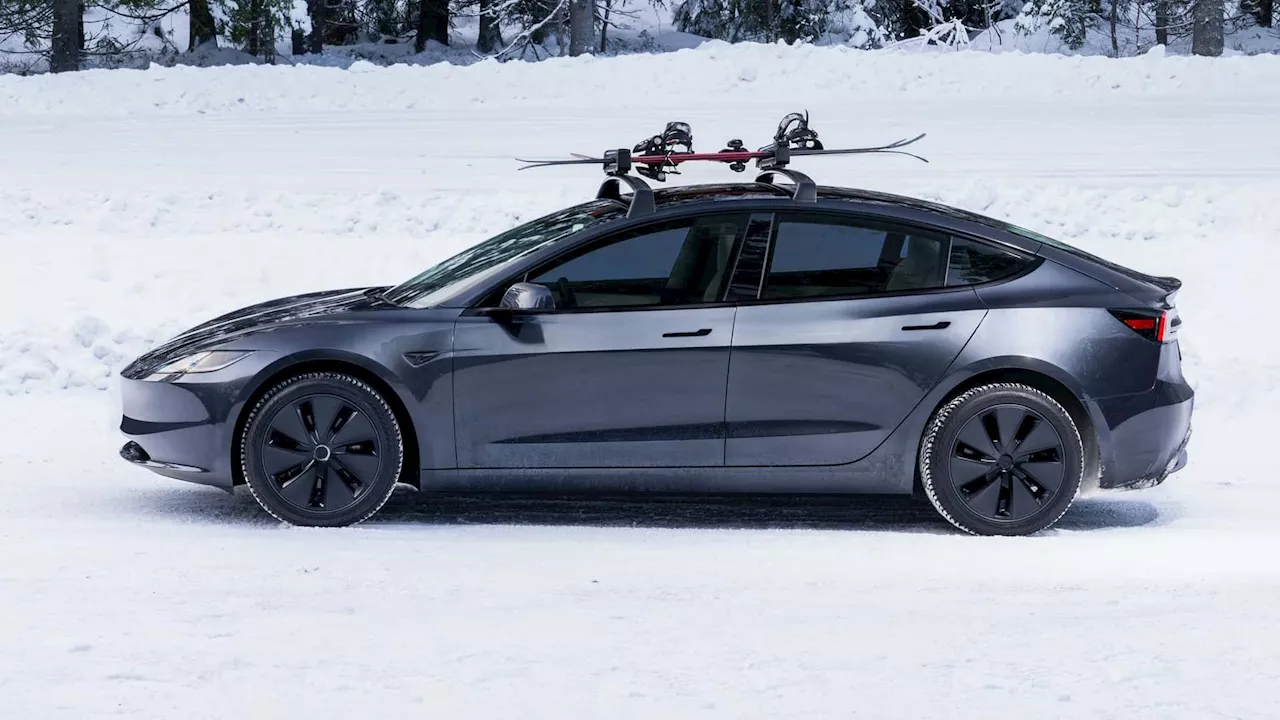A Tesla Model 3 owner in Canada tested how quickly the car could charge after being parked outside for six hours in temperatures as low as -26 F (-32 C). Despite the cold, the car charged efficiently, reaching a 77% state of charge from 17% in 35 minutes.
How fast can an EV charge after sitting in freezing temperatures for half a day? That's what one Canadian Tesla Model 3 owner wanted to find out. Despite the bitter cold, the result was surprising. Freezing temperatures and electric car batteries aren’t besties. That’s not news by any stretch of the imagination, but contrary to popular belief, things have improved vastly over the past decade.
When the owner hopped inside, the battery’s state of charge was down to 25%. He chose a nearby Supercharger and started driving there; this activated the car’s preconditioning system, ensuring that the battery temperature was up to spec when it was time to plug in. The trip to the Supercharger was just eight miles long and took about 15 minutes, but it was enough to eat through 7% of the battery level–thanks in no small part to the battery heating that uses quite a bit of energy.
ELECTRICAL VEHICLES TESLA BATTERY TEMPERATURE WINTER PERFORMANCE CHARGING SPEED
United States Latest News, United States Headlines
Similar News:You can also read news stories similar to this one that we have collected from other news sources.
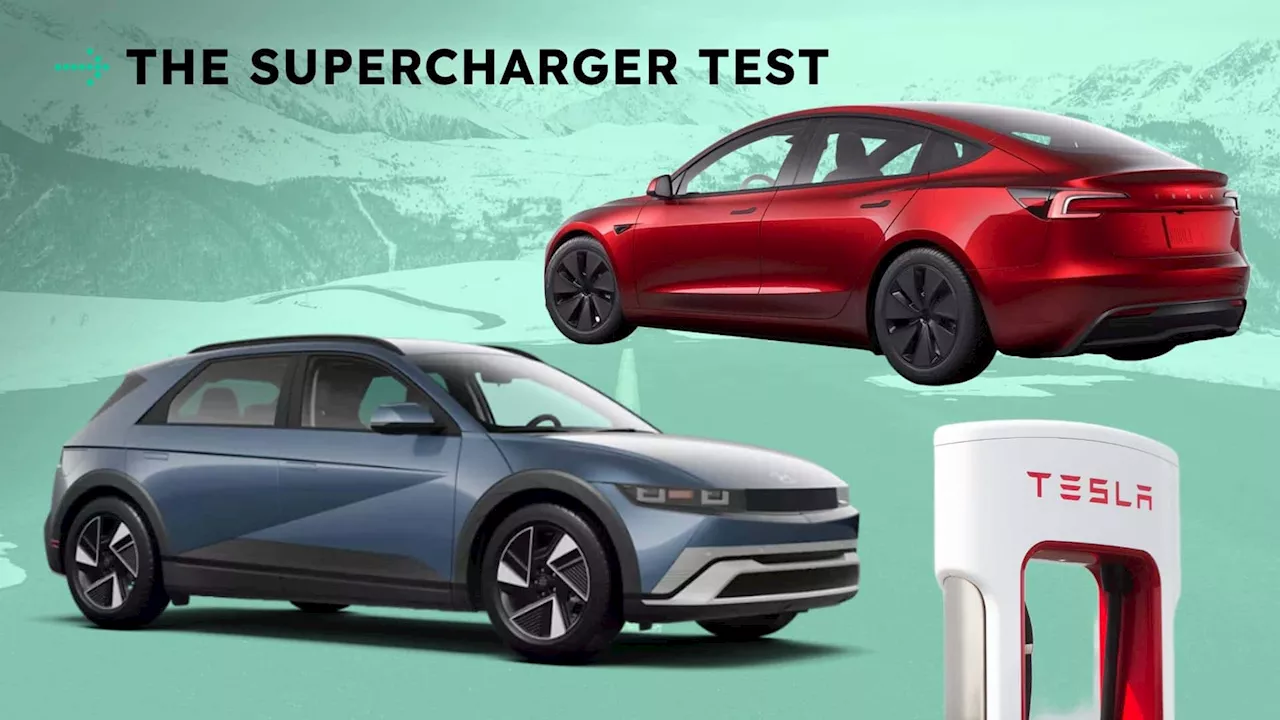 Tesla Model 3 VS. Hyundai Ioniq 5: The Tesla Supercharger TestThe Hyundai Ioniq 5 is the first non-Tesla EV to get a NACS connector from the factory. Here's how it fares against a Model 3 in a charging test.
Tesla Model 3 VS. Hyundai Ioniq 5: The Tesla Supercharger TestThe Hyundai Ioniq 5 is the first non-Tesla EV to get a NACS connector from the factory. Here's how it fares against a Model 3 in a charging test.
Read more »
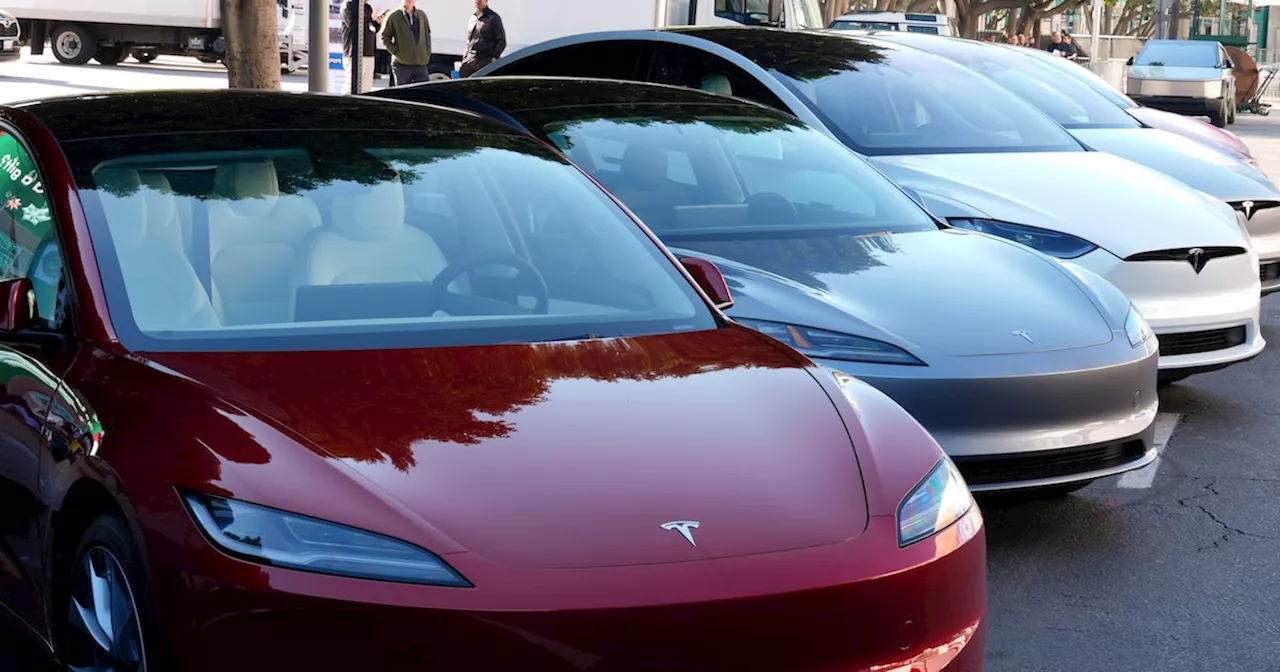 Tesla recalls some Model 3, Model S, Model X and Model Y vehicles over rear-view camera issueThe development comes days after the National Highway Traffic Safety Administration opened a probe into 2.6 million Tesla vehicles in the U.S. over reports of...
Tesla recalls some Model 3, Model S, Model X and Model Y vehicles over rear-view camera issueThe development comes days after the National Highway Traffic Safety Administration opened a probe into 2.6 million Tesla vehicles in the U.S. over reports of...
Read more »
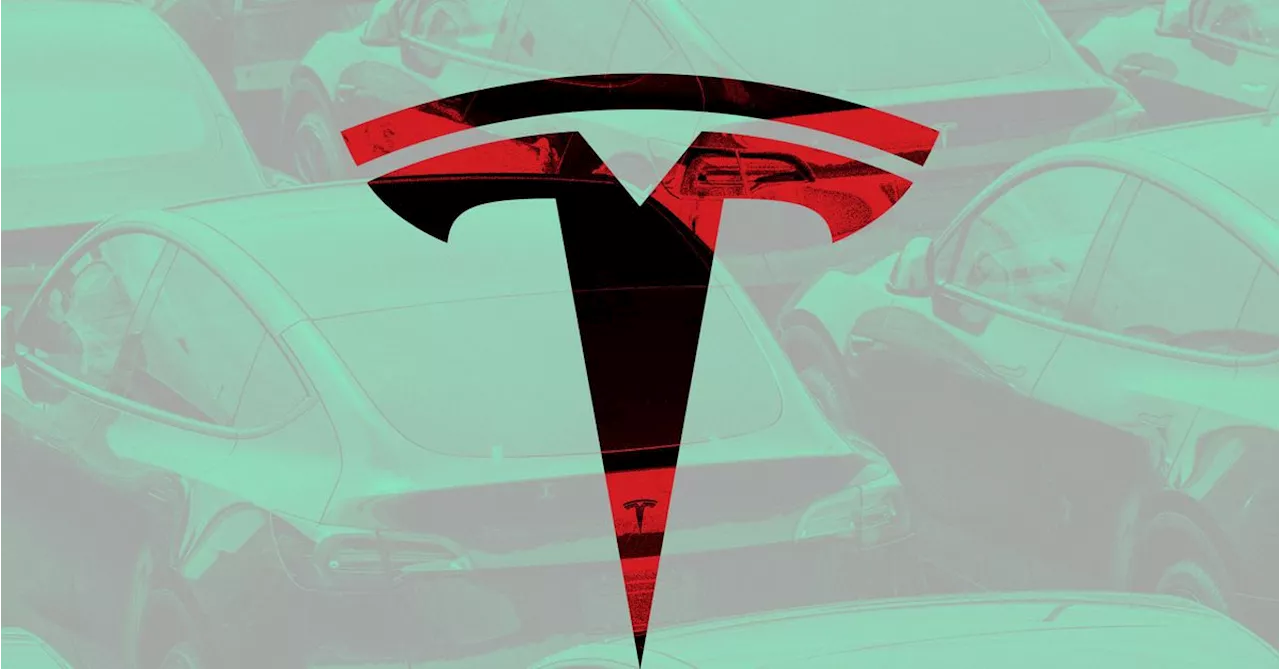 Tesla Recalls Over 200,000 Vehicles Due to Faulty Computer HardwareTesla issued a recall for over 200,000 electric vehicles due to a potential issue with its latest computer hardware that can short circuit and disable safety features like the rearview camera. The recall affects Model 3, Model Y, Model S, and Model X vehicles manufactured between January 2023 and December 2024. While Tesla plans to address the issue with an over-the-air (OTA) software update, the company acknowledges that a permanent fix may require computer replacement. This recall highlights concerns about the reliability of Tesla's latest HW4 computers, crucial for the company's autonomous driving ambitions.
Tesla Recalls Over 200,000 Vehicles Due to Faulty Computer HardwareTesla issued a recall for over 200,000 electric vehicles due to a potential issue with its latest computer hardware that can short circuit and disable safety features like the rearview camera. The recall affects Model 3, Model Y, Model S, and Model X vehicles manufactured between January 2023 and December 2024. While Tesla plans to address the issue with an over-the-air (OTA) software update, the company acknowledges that a permanent fix may require computer replacement. This recall highlights concerns about the reliability of Tesla's latest HW4 computers, crucial for the company's autonomous driving ambitions.
Read more »
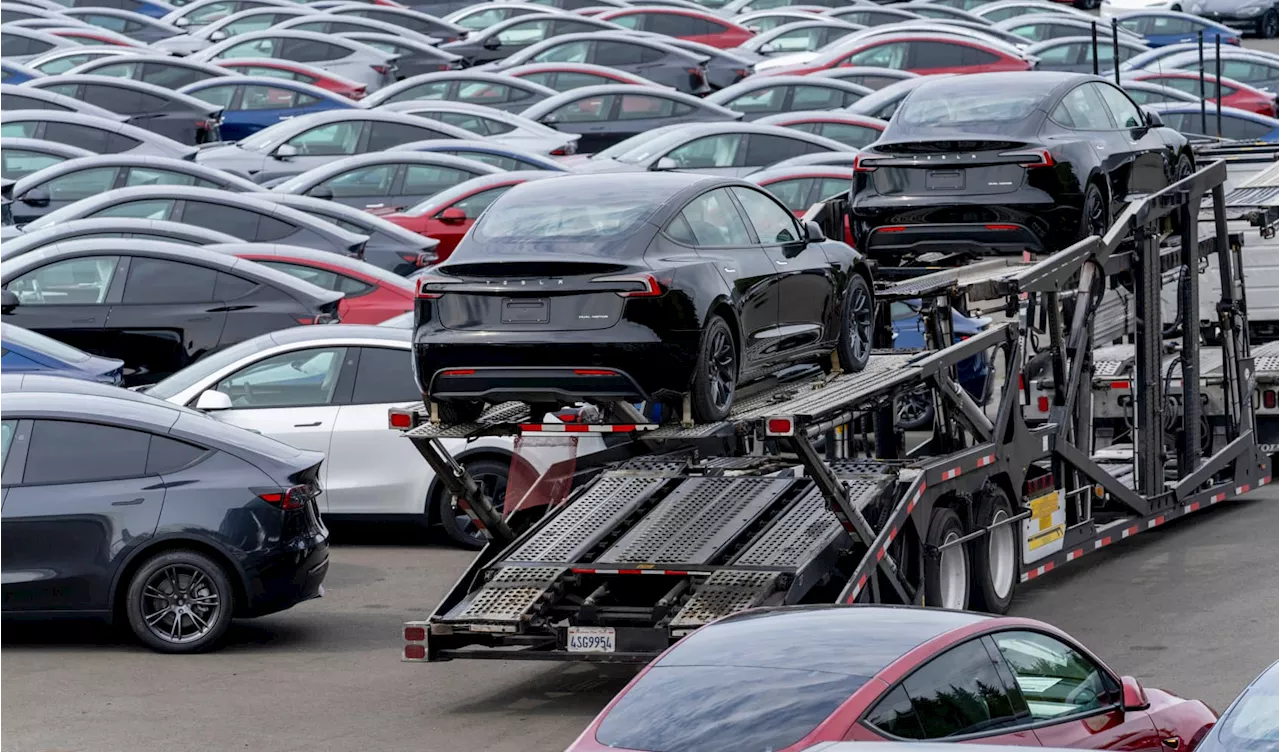 Tesla Recalls 239,000 Vehicles Over Rearview Camera IssuesTesla is voluntarily recalling about 239,000 electric vehicles in the U.S. due to potential failures in the rearview camera system. The company stated that a malfunctioning rearview camera could reduce the driver's visibility, increasing the risk of a crash. The recall affects Tesla Model 3 and Model S sedans from 2024-2025, and Model X and Model Y SUVs from 2023-2025. Tesla is offering a free over-the-air software update to address the issue and will also replace faulty circuit boards in affected vehicles.
Tesla Recalls 239,000 Vehicles Over Rearview Camera IssuesTesla is voluntarily recalling about 239,000 electric vehicles in the U.S. due to potential failures in the rearview camera system. The company stated that a malfunctioning rearview camera could reduce the driver's visibility, increasing the risk of a crash. The recall affects Tesla Model 3 and Model S sedans from 2024-2025, and Model X and Model Y SUVs from 2023-2025. Tesla is offering a free over-the-air software update to address the issue and will also replace faulty circuit boards in affected vehicles.
Read more »
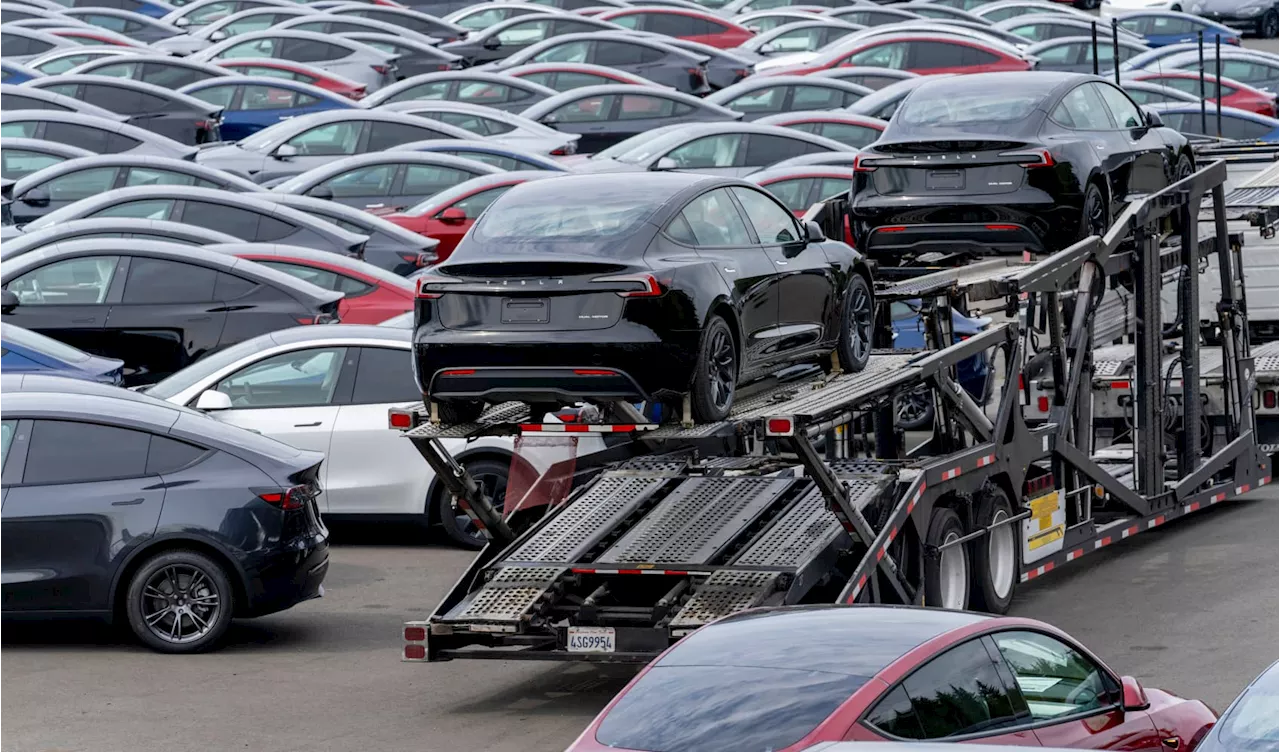 Tesla Recalls 239,000 Vehicles Due to Rearview Camera IssuesTesla is voluntarily recalling approximately 239,000 electric vehicles in the U.S. because of potential problems that may cause rearview cameras to malfunction. The company stated that a non-functioning rearview camera could impair the driver's rear visibility, increasing the risk of an accident. The recall affects Tesla Model 3 and Model S sedans from 2024-2025, as well as Model X and Model Y SUVs from 2023-2025. Tesla has released a free over-the-air software update to address some camera issues and is also offering free part replacements for vehicles experiencing circuit board failures.
Tesla Recalls 239,000 Vehicles Due to Rearview Camera IssuesTesla is voluntarily recalling approximately 239,000 electric vehicles in the U.S. because of potential problems that may cause rearview cameras to malfunction. The company stated that a non-functioning rearview camera could impair the driver's rear visibility, increasing the risk of an accident. The recall affects Tesla Model 3 and Model S sedans from 2024-2025, as well as Model X and Model Y SUVs from 2023-2025. Tesla has released a free over-the-air software update to address some camera issues and is also offering free part replacements for vehicles experiencing circuit board failures.
Read more »
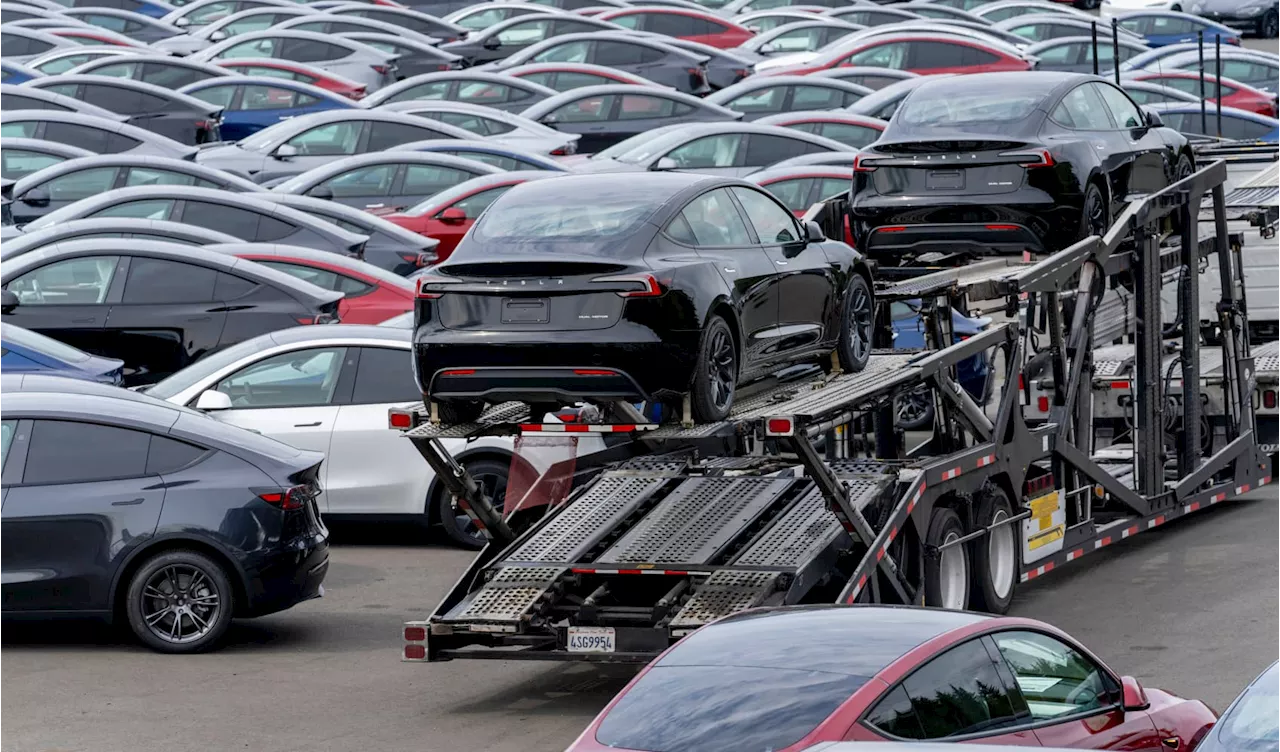 Tesla Recalls 239,000 Vehicles in the U.S. Due to Rearview Camera IssuesTesla is voluntarily recalling about 239,000 electric vehicles in the U.S. due to issues that may cause rearview cameras to fail, according to filings. The recall affects Tesla's Model 3, Model S, Model X, and Model Y from 2023-2025. Tesla stated that a malfunctioning rearview camera increases the risk of a crash. The company will provide over-the-air software updates and, if necessary, replace parts to fix the issue free of charge.
Tesla Recalls 239,000 Vehicles in the U.S. Due to Rearview Camera IssuesTesla is voluntarily recalling about 239,000 electric vehicles in the U.S. due to issues that may cause rearview cameras to fail, according to filings. The recall affects Tesla's Model 3, Model S, Model X, and Model Y from 2023-2025. Tesla stated that a malfunctioning rearview camera increases the risk of a crash. The company will provide over-the-air software updates and, if necessary, replace parts to fix the issue free of charge.
Read more »
